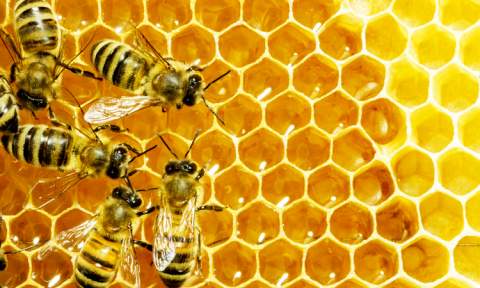Category: bees


Citizen Scientists Track Bee Health and Shed Light on Colony Collapse Disorder
Maureen Wise — Nation of Change
You’ve probably heard that bees—their honey, their awesome pollinating powers and their stingers—are on the decline. It’s a global problem that affects more than just the little yellow and black buzzers; it can and will interrupt the way we produce food if it continues. Bees pollinate most of the crops farmers grow worldwide, so without them, we don’t have food. Most scientists agree that pesticides, drought, habitat loss, pollution and other major environmental concerns are all contributing to colony collapse disorder. It’s a big deal and there are a lot of people working to keep bees buzzing.
A new project has set out to help understand the issue in individual colonies and bring the problem to the people called Open Source Beehives. This multi-continent partnership between Open Tech Collaborative and Fab Lab Barcelona proposes public participation through easily made backyard hives in conjunction with software that will track hive health.